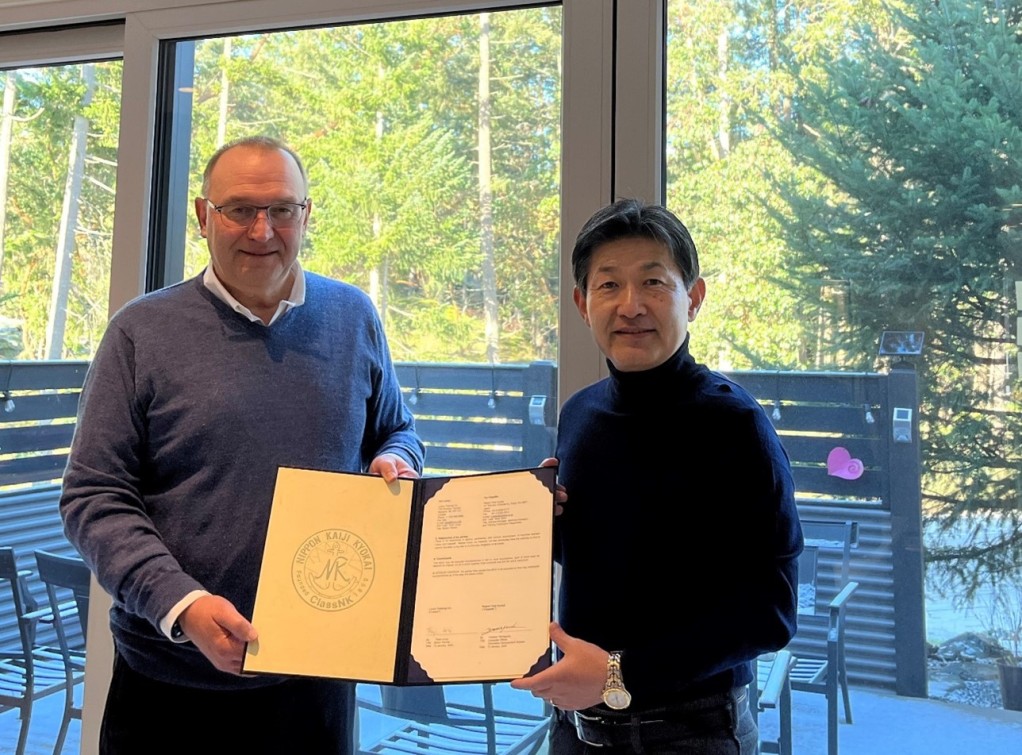ClassNK and Lovoy have signed a Memorandum of Understanding (MOU) to cooperate with development and implementation of more user-friendly Safety Management Systems (SMS).
Lovoy has highlighted that many SMSs have grown so complex that they lose sight of the end user – the seafarer. If procedures are user-friendly, people will use them more with reduced risk of mistakes. The industry faces many new requirements making user-friendly SMS design even more critical. Introducing elements such as LNG fuel will most likely make SMSs even more complicated.
ClassNK has engaged in SMS audits for 6,000 vessels and 800 companies to ensure that each system complies with regulations. The society has also worked to provide valuable insights and tools for enhancing safety practices.
Both parties have agreed that overly complex SMSs are not only a problem but also an opportunity for improvement. With the signing of this MOU, the two parties will join forces to support and improve safety at sea.
Capt. Naoki Saito, General Manager of Maritime Training and Education Department, ClassNK, said:
“To support the shipping stakeholders’ ongoing and steadfast pursuit of safety, ClassNK is committed to examining every possible approach to ensure elevate safety standards. I am pleased to join hands with Lovoy in exploring potential and measures that will contribute to this endeavor.”
Capt. Terje Lovoy, Senior Partner, Lovoy, said:
“Quality is not a quick fix – it’s about making lasting change. ClassNK is a world leader in quality management. Together, ClassNK and Lovoy will make lasting change by training companies to permanently stop their own people from putting unnecessary complexity into their SMSs.”
Source: ClassNK.
Tags: ClassNK, LNG Fuel, Lovoy, SMS



Recent Posts
Greenlyte and MB Energy sign strategic e-methanol offtake agreement
CSDC and TECHNOLOG forge alliance to drive green, smart shipbuilding
DPA Kandla invites bids for India’s first port-based bio-methanol plant
Green & Digital Maritime Corridors Dialogue’ at JNPA sets stage for India Maritime Week 2025
Thermax partners with HydrogenPro for alkaline electrolyser systems in India
PIL Conducts First Simultaneous Cargo and LNG Bunkering in Singapore
NYK Takes Delivery of LNG-Fuelled Capesize Bulker SG Dawn
Swire Shipping joins Achilles Maritime Network to strengthen supply chain sustainability and compliance